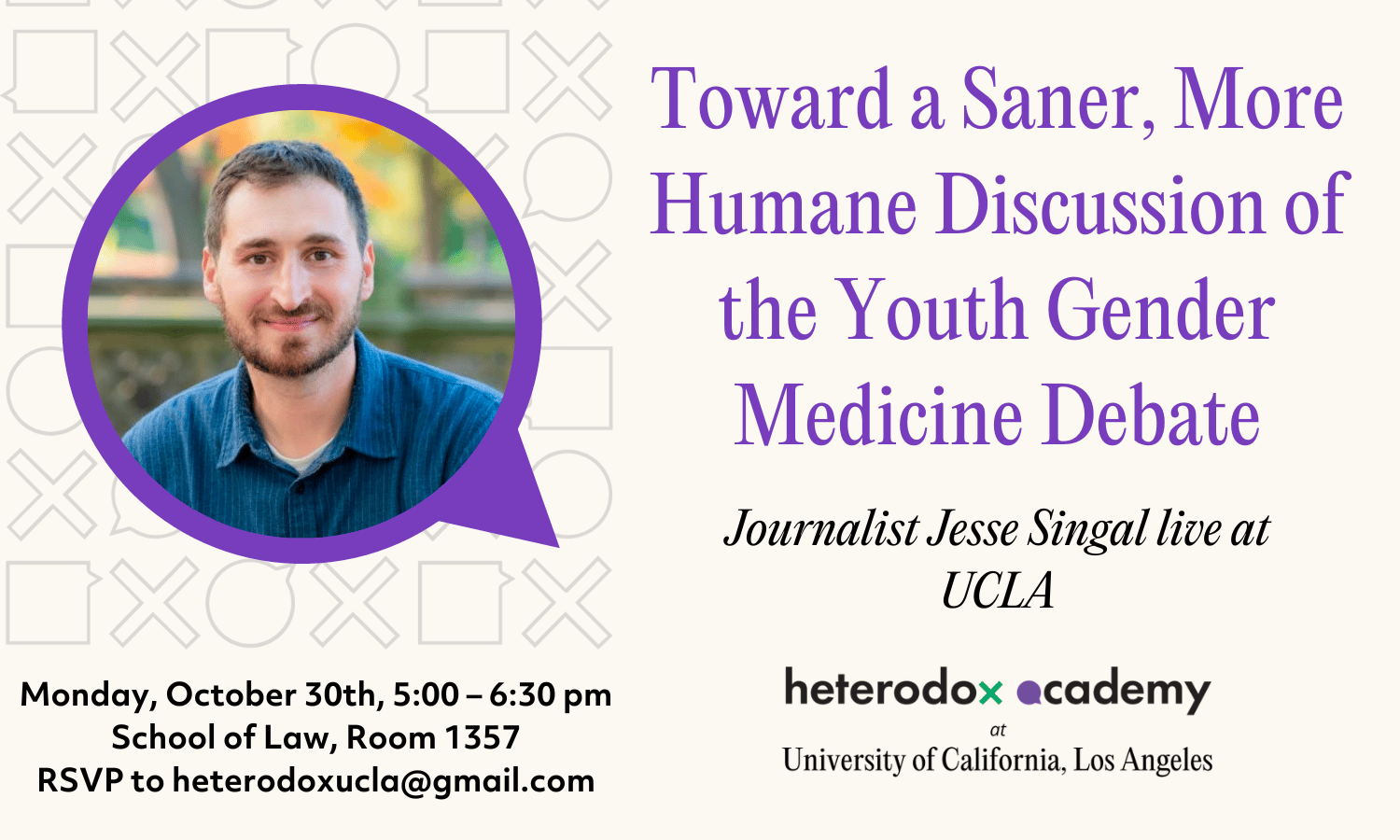Over Half of Faculty View Diversity Statements as Ideological Litmus Tests in University Hiring

A recent social media post by journalist Jesse Singal has reignited discussions surrounding the use of ideological litmus tests in university faculty hiring, specifically concerning Diversity, Equity, and Inclusion (DEI) statements. Singal challenged a piece from The Times, stating, "The Times wrote a piece about how it would be bad for universities to apply ideological litmus tests when hiring faculty. But they very clearly already do that!" This assertion highlights a growing debate over whether DEI initiatives, particularly mandatory diversity statements, function as political filters in academic appointments.
Diversity statements typically require academic candidates to articulate their commitment to DEI principles. While proponents argue these statements foster inclusive environments, a significant portion of faculty members view them critically. A 2022 survey revealed that 50% of faculty, and a notable 90% of conservatives, consider mandatory diversity statements to be an "ideological litmus test that violates academic freedom." This perception underscores a tension between promoting diversity and upholding traditional academic freedom.
The controversy has prompted legislative action across several U.S. states. States such as Ohio, Missouri, Florida, Texas, Utah, Idaho, Indiana, and Kansas have considered or enacted bans on mandatory diversity statements in public university hiring processes. These legislative efforts often cite concerns about compelled speech and viewpoint discrimination, aiming to prevent the use of such statements as de facto ideological screens.
In response to these debates and legislative pressures, a number of prominent universities have begun to re-evaluate their policies. Institutions like Texas Tech University, the University of Wisconsin System, MIT, and Harvard have either reversed or eliminated requirements for diversity statements in faculty hiring. This shift reflects a broader acknowledgment of the concerns raised by critics regarding the potential for these statements to stifle intellectual diversity and academic freedom.
The ongoing "DEI Wars" in higher education continue to pose complex questions for universities as they strive to balance commitments to diversity and inclusion with principles of free expression and academic merit. The debate extends beyond hiring practices, encompassing discussions about curriculum, training, and the overall campus climate, influencing the future direction of academic institutions nationwide.